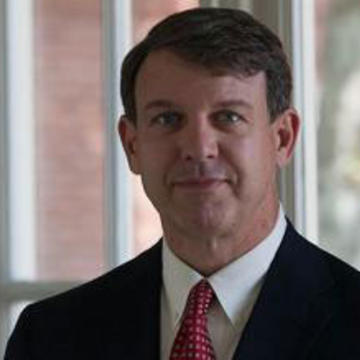George H.W. Bush's legacy
Prudence served him—and the nation—well, writes Russell Riley in USA Today
[Read the full article at USA Today]
When George H.W. Bush asked me, on a beautiful spring morning in 2011, if I’d like to go out on his boat with him that afternoon, I swallowed hard before answering. He may have been, in Jon Meacham’s wonderful phrasing, the “last gentleman,” but he also had a mischievous streak. I knew from the dozens of oral histories I had recorded with his White House staff that he loved to lure unsuspecting victims out on his cigarette boat for white-knuckle tours of the Maine shoreline.
Yet I quickly heard myself replying, “Of course!”, notwithstanding an effusive history of seasickness. No self-respecting scholar could turn down such an idiosyncratic presidential hazing.
Alas, as I passed the hours that day interviewing his chief of staff, I noticed the skies darkening. Sure enough, a phone call arrived informing me that the weather wouldn’t permit our excursion. My stomach quickly settled, but the disappointment of missing out on that adventure has never left me.
Comic Dana Carvey built a career by lampooning Bush’s “wouldn’t be prudent.” But there was far more to George Bush than starched prudence.
Here, after all, was a man who became one of the youngest fighter pilots in the Navy, shot down over the Pacific in World War II; a man who, like the settlers of the American West, lit out for the territories to build a life in rural Texas worlds away from the comforts of Greenwich, Connecticut; and, yes, a man who bounded out of airplanes and rocketed gleefully over the waves of the North Atlantic long after most people his age were rolling golf carts between what they call “hazards.”
Bush brought a similar, if often forgotten, capacity for audaciousness to the Oval Office. When Iraqi dictator Saddam Hussein invaded Kuwait in August 1990, Bush quickly went public with an unqualified presidential declaration: “This will not stand, this aggression against Kuwait.” The president’s absolutist position was well in advance of his National Security Council’s deliberations, leaving its members scratching their heads over how to execute it.
